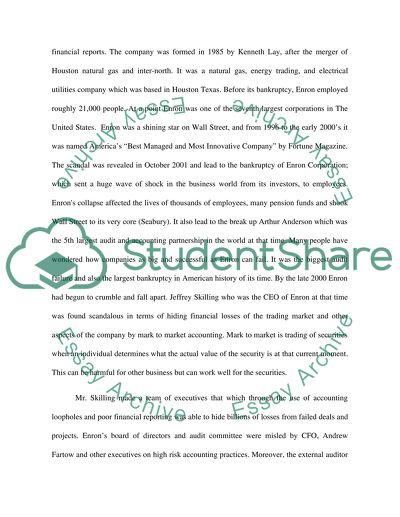Cite this document
(“Finance and Accounting Research Paper: Corporate Financial Scandals Paper”, n.d.)
Retrieved from https://studentshare.org/finance-accounting/1393287-corporate-financial-scandals
Retrieved from https://studentshare.org/finance-accounting/1393287-corporate-financial-scandals
(Finance and Accounting Research Paper: Corporate Financial Scandals Paper)
https://studentshare.org/finance-accounting/1393287-corporate-financial-scandals.
https://studentshare.org/finance-accounting/1393287-corporate-financial-scandals.
“Finance and Accounting Research Paper: Corporate Financial Scandals Paper”, n.d. https://studentshare.org/finance-accounting/1393287-corporate-financial-scandals.


